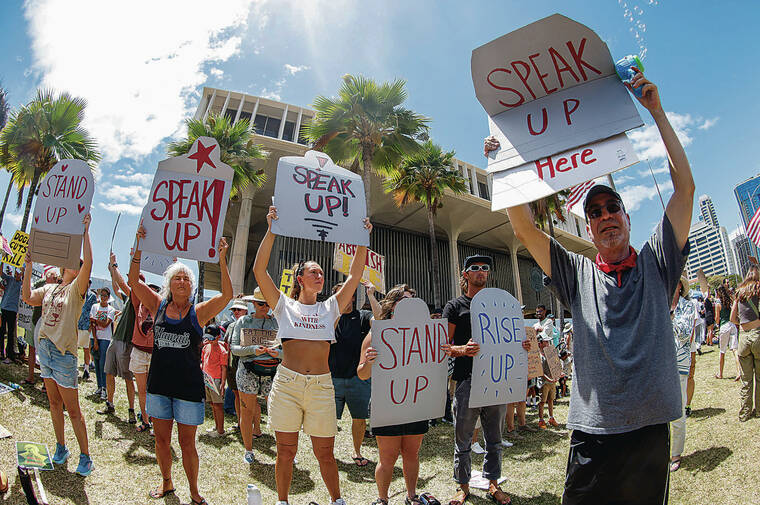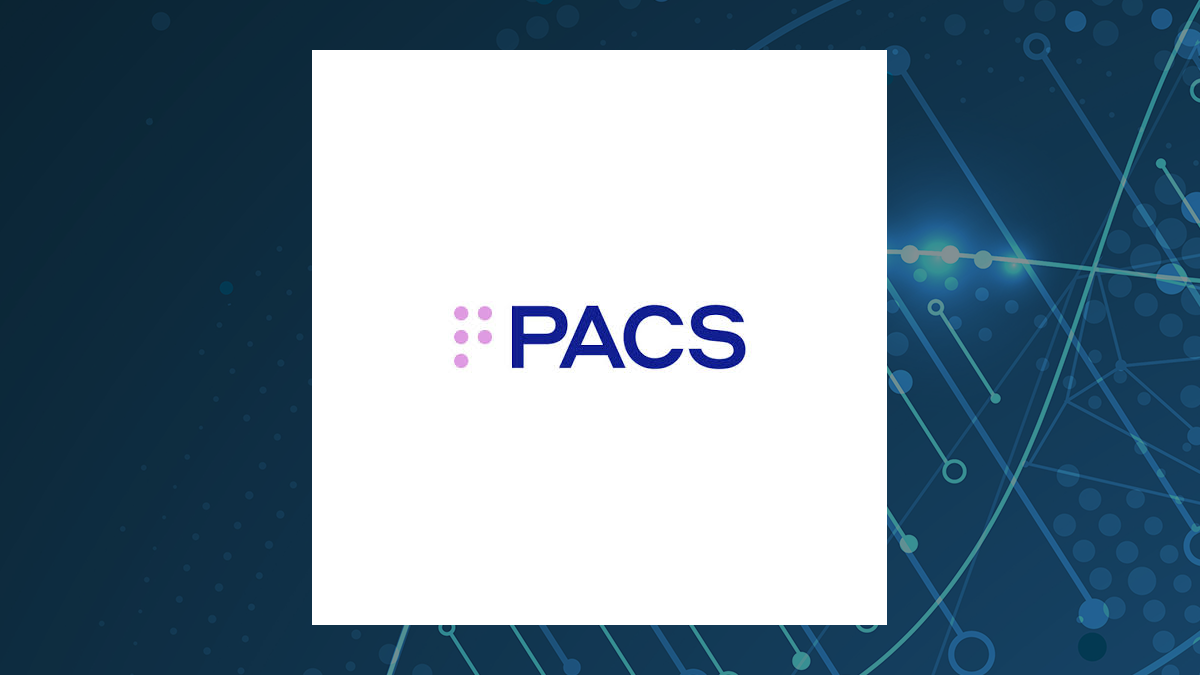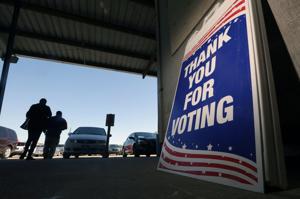The ongoing federal shutdown, now in its 40th day, poses a significant threat to health care supports in Hawaii and beyond. Initiated after Senate Democrats sought to leverage continued government funding to pressure Republicans into renewing federal tax credits for health insurance and reversing cuts to Medicaid, this impasse has critical implications for residents.
Hawaii’s Governor, Josh Green, alongside the state’s congressional delegation, has been vocal about the need to maintain these health care subsidies. As highlighted by Green, “We have 25,000 individuals that rely on some of those subsidy supports to be able to afford insurance. Otherwise, that falls to the state. It will hurt rural hospitals. It will hurt families.” Without these subsidies, many residents may find themselves without access to necessary medical care.
The ramifications of this shutdown extend beyond just financial concerns. Individuals who lack health insurance often avoid preventative care, leading to increased health complications and visits to emergency rooms, particularly in rural areas where access to health services is already limited. Hawaii’s public hospitals, which serve as the only health care option for many, could face severe operational challenges if insurance coverage diminishes.
In a bid to resolve the crisis, Green traveled to Washington in September, urging lawmakers to reach a compromise. He emphasized that the loss of subsidies “hurts everyone, in red states and blue states,” pointing out that an estimated 24 million Americans rely on these crucial health care supports.
Negotiations have seen some movement, as Chuck Schumer, Senate Minority Leader, indicated that Democrats would agree to end the shutdown if Republicans extend health care tax credits for another year. Although those discussions failed to yield an immediate agreement, there remains hope as U.S. senators reconvene this weekend to continue negotiations.
The desire for a resolution to the stalemate is palpable among Americans, particularly in Hawaii. The state has historically been a leader in health care access, exemplified by the Hawaii Prepaid Health Care Act of 1974, which mandates that most employers offer health insurance. As a result, Hawaii boasts one of the lowest uninsured rates in the U.S., approximately 3.5%.
Many individuals who currently receive subsidies under the Affordable Care Act (ACA) are self-employed, including entrepreneurs, real estate agents, and gig economy workers. With insurance costs rising—average premiums for employer-sponsored health insurance increased by 6% in 2025—access to subsidies has never been more critical.
Rising drug prices and health care costs continue to strain the budgets of uninsured individuals, pushing care out of reach. However, broader insurance coverage could potentially alleviate some financial burdens, promoting better health outcomes for the population at large.
Despite the Democratic initiation of the shutdown, the responsibility to end it lies with the Republicans, as many lawmakers, including Jill Tokuda, have pointed out. Tokuda stated, “We need to end this shutdown now. This is a choice that [Republicans] are making to shut down government, to not even talk about how we save health care in districts across the country.”
The health care tax credits at stake are part of President Barack Obama’s legacy with the ACA, which has garnered increasing public support over the years. While partisan opposition remains, the demand for affordable health coverage underscores the necessity of maintaining these subsidies.
As negotiations progress, the urgency for a solution becomes more pronounced. Stakeholders from both sides must recognize the critical nature of health care support to ensure that Americans can access the medical services they need without financial hardship. The fate of many hangs in the balance as discussions continue, and the time for resolution is now.







